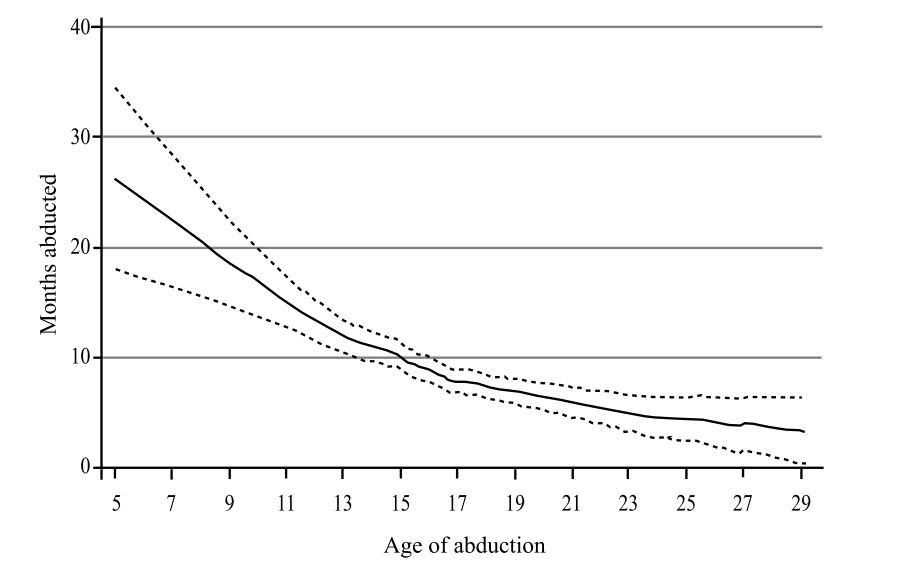Asad Raza in The New Yorker:
Change, John Kenneth Galbraith wrote, comes from the changing of generations. Tennis fans understand the sentiment, and a constant theme of U.S. Open commentary is worrying about when the next generation of stars will emerge. Maybe the Open’s placement in the calendar, on the cusp of fall, inspires these annual reflections. This year, the tone of these conversations is louder and more pessimistic—one writer, not atypical, pronounced, “Call me Cassandra if you like. The ATP Dark Age is coming.” In the lead-up to Flushing Meadows, these anxieties seemed to intensify, to the point that the question was no longer “When will they get here?” but “Will they get here at all?”
Some of this worry is a natural, if preëmptive, reaction to the imminent disappearance of champions who link us to the sport’s past. Thirty-four-year-old Venus Williams, who reached her first final here in 1997, and whose accomplishments include being the first African-American woman No. 1 in the Open era, joined the tour when it still featured Martina Navratilova, Steffi Graf, and Monica Seles. Her sister, thirty-two-year-old Serena Williams, who first won this tournament in 1999, possesses seventeen Grand Slam singles trophies, four Olympic gold medals (an achievement matched by her sister), and a regal bearing that has edged beyond diva and toward natural force. Then there is thirty-three-year-old Roger Federer, whose win over Pete Sampras in the fourth round at Wimbledon, in 2001, is considered the dawn of the most numerically successful and aesthetically appreciated career in the history of men’s tennis.
It’s hard to say goodbye to beloved players, followed faithfully for many years, and this might explain fans’ escalating worry about what the sport will be like after Federer and Serena Williams.
More here.

